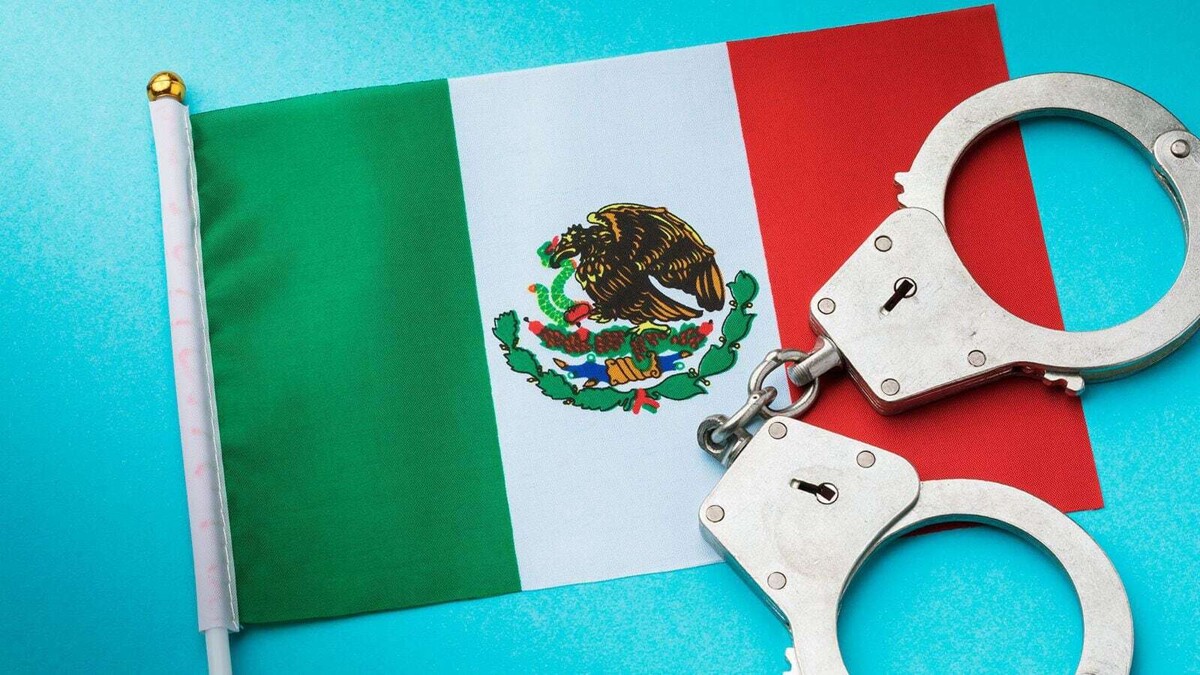
The government should strengthen the enforcement of the law instead of resorting to preventive detention, to avoid paralyzing those who drive the economy. The proposed reform exacerbates the problems of foreign trade, as it exposes customs agents to investigations and criminal proceedings simply for intermediating in irregular operations. The government's inability to enforce the law fairly and efficiently is the real problem, not the law itself.
The new reform allows customs agents to be investigated and deprived of their liberty for situations beyond their control, which deals a blow to foreign trade and the private sector. Economic crimes, such as smuggling, do not pose a direct threat to public safety; however, the reform allows for the possibility of preventive detention in these cases, disregarding the presumption of innocence.
The private sector has sustained the nation and has made significant progress, while the reform deeply affects them. This measure creates an environment of "fiscal terrorism" where constant threats impact the operation of companies. Preventive detention is reintroduced as a measure for crimes like smuggling and irregular tax activities, representing a legal setback and opening the door to injustices.
The impact of the reform on the private sector, especially in foreign trade, is devastating. The vulnerability of customs agents, who rely on information from their clients to operate legally, is exacerbated by this measure. The uncertainty and risk stemming from the possibility of being deprived of liberty without control over the actions of third parties generate distrust and affect investments in foreign trade, turning it into a high-risk activity.
In summary, the reform imposing preventive detention in cases of smuggling and irregular tax activities has negative consequences for the private sector and foreign trade, generating insecurity, discouraging investments, and harming customs agents who fulfill their role of mediating in international trade operations.














